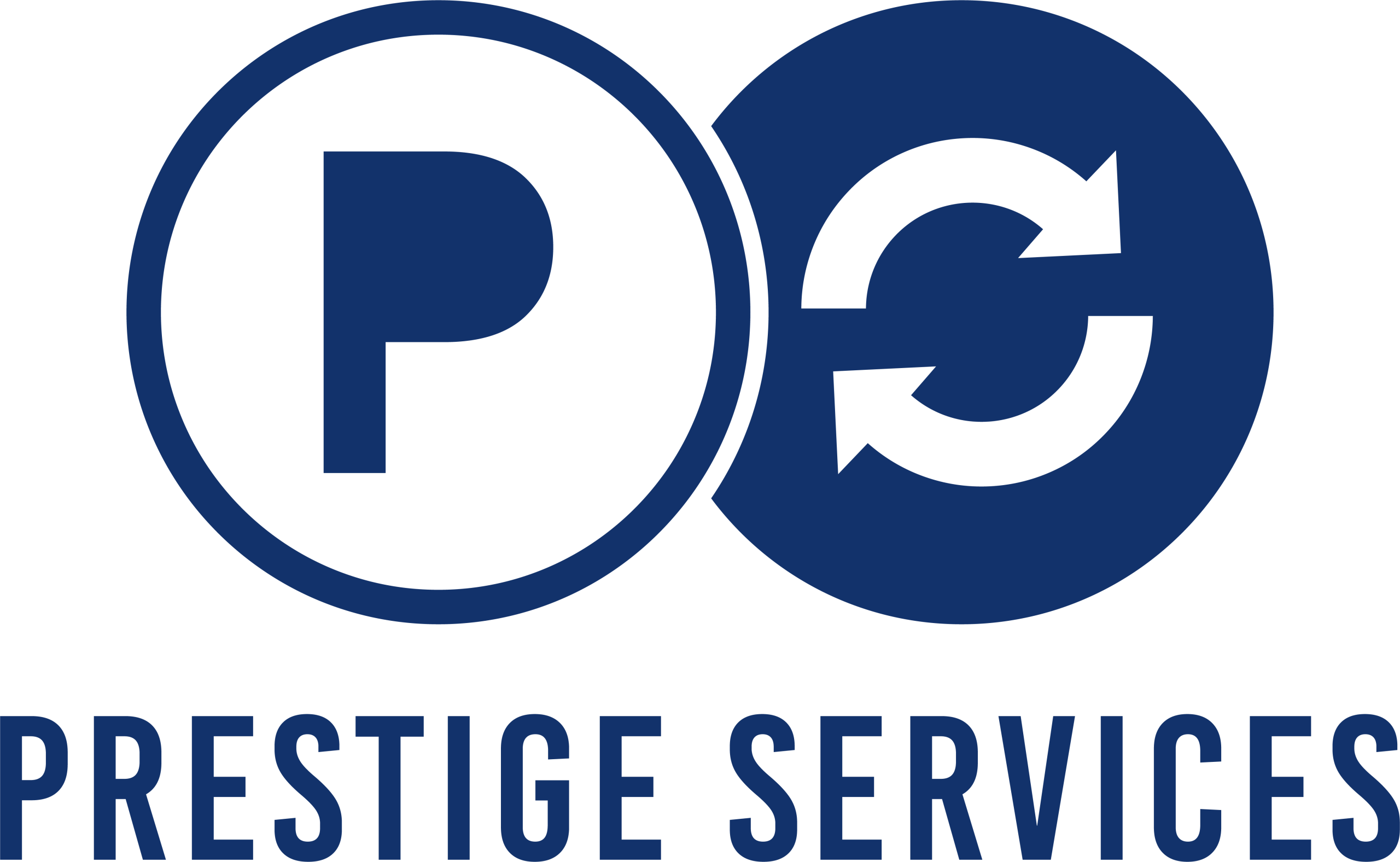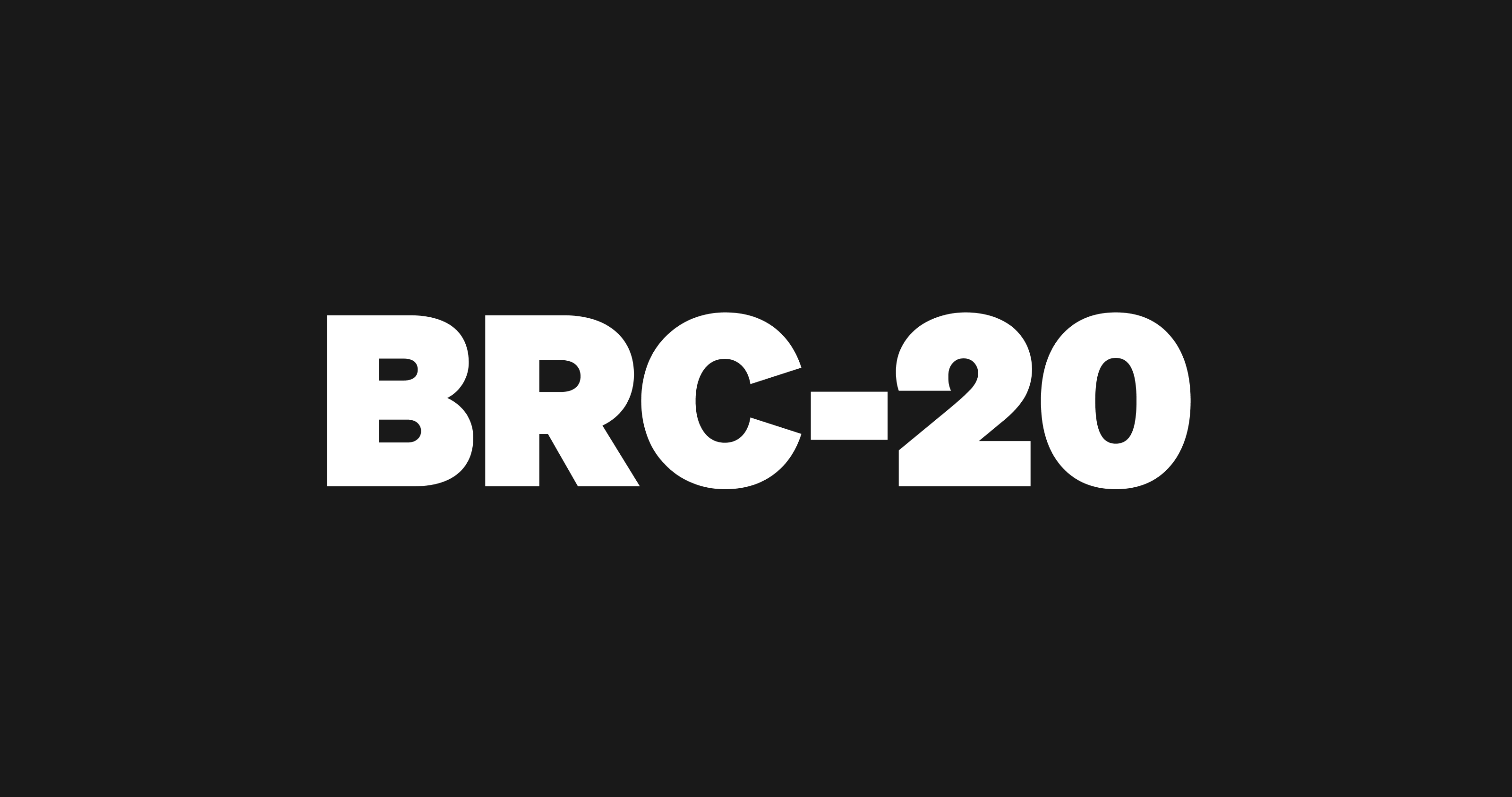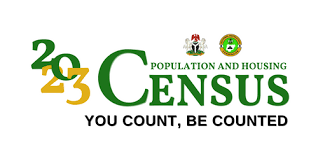
Table of Contents
Blockchain can be used to improve the Nigeria Digital Census 2023 in several ways. One way is through the use of Blockchain-based identity verification systems. This can help to ensure that each person is counted only once, and can prevent double-counting or other types of fraud.
The Nigeria digital census 2023 which was initially slated to commence on the 3rd of May, 2023 is a significant milestone for our country as it represents a shift towards modern, technology-driven methods of data collection and analysis. This is the first time that Nigeria will be conducting a census using digital methods, and this presents an opportunity to address some of the challenges faced during previous census exercises. If successful, this would be the fifth national census held in the nation’s history and as part of making sure the exercise is a success, over 400 billion naira has been earmarked(allocated) by the government for the exercise.
Remember that the last time Nigeria conducted a census was in 2006, and I can still clearly recall that morning when the National Population Commission’s ad hoc employees visited our house to conduct the head count. 2023 for Nigeria appears to be the year she is very open towards leveraging technology for key exercises in the nation as we saw with the introduction of BVAS in its just concluded presidential and gubernatorial elections.
Now, the Buhari regime is also promising to use digital tools for the Nigeria digital 2023 census, hence why I am writing this article on Nigeria’s upcoming digital census and the role Blockchain technology could have in it.
What is a Digital Census?
A digital census is a census that uses digital technologies such as computers, mobile devices, and the internet to collect, process, and analyze census data. Digital census methods can include online surveys, mobile data collection apps, geospatial technologies, and data analytics tools. Digital census methods are generally faster and more cost-effective than traditional paper-based methods, and can also improve data quality and accuracy.
Several countries have conducted digital censuses in the last decade. These include:
1. India (2011): India’s 2011 Census was the world’s largest digital census, with over 2.5 million census takers using handheld mobile devices to collect data.
2. South Korea (2015): South Korea’s 2015 census used an online survey system and mobile apps to collect data.
3. United States (2020): The United States conducted its first digital census in 2020, with households invited to respond to the census online, by phone, or by mail.
4. Mexico (2020): Mexico’s 2020 Census used digital technologies such as mobile data collection and geospatial mapping to improve data accuracy and efficiency.
5. Kenya (2019): Kenya’s 2019 Census used mobile devices and GPS technology to collect data.
6. Canada (2021): Canada’s 2021 Census used online survey methods to collect data, with paper questionnaires used as a backup option.
What you need to know about Nigeria’s 2023 digital census
Like I had said earlier, the 2023 Census will be Nigeria’s first Digital Census and will change how Population Census is usually being conducted in Nigeria. The approach starts with the demarcation of enumeration areas using mobile handheld devices and geographic information systems (GIS) and satellite imagery to create the digital census maps.
You May Also Like: What Is DeFi and How DeFi Could Help Nigerian Businesses
For the Census, electronic forms hosted in Personal Digital Assistant devices will be used to capture information on all buildings, household and persons in the EA. The recruitment and training modalities will be a major deviation from the old order and will leverage greatly on technology. The 2023 PHC adopts the UN standards and has set census right as the zero hour of the first Census date.
The Census Department from the pre-tests of the methodologies and instruments for the 2023 census have identified that IDPs can be within a Regular household setting, in an Institutional (Long stay) setting, or in a Floating/Transient Population setting. The National Population Commission has also assured us that it will destroy names of individuals immediately after analyzing the results to ensure confidentiality.
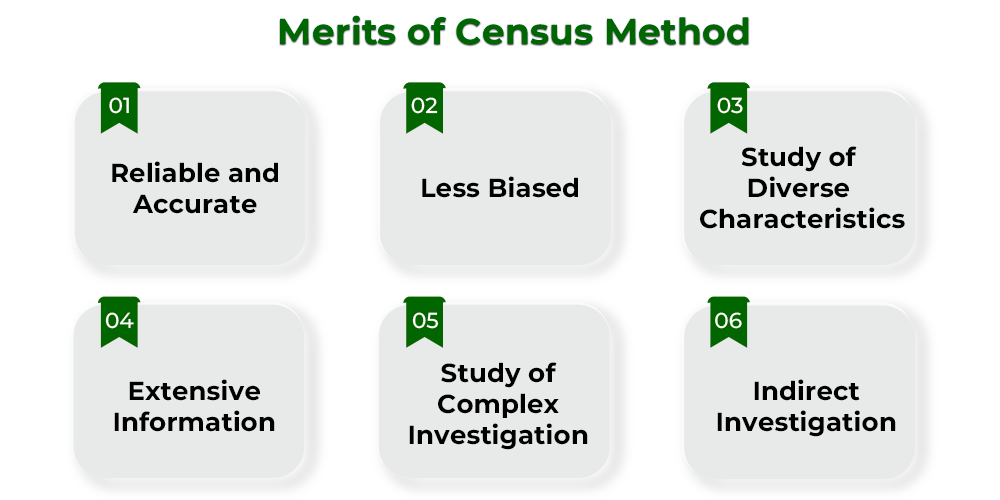
Digital census methods would always provide greater transparency and accountability in the data collection process. Electronic data collection methods can provide an audit trail, reducing the risk of data tampering and ensuring greater citizen trust in the census results.
However, there are also potential challenges associated with the digital census. One of the most significant challenges is the need for robust infrastructure and reliable internet connectivity. You and I both know that a major issue stems from the epileptic power supply and subpar internet connectivity that the vast majority of Nigerians experience on a daily basis. The success of this digital census will depend on the availability of dependable electricity supply, internet connectivity, and digital infrastructure throughout the nation.
In conclusion, the Nigeria digital census 2023 is a significant step towards modernizing the country’s data collection and analysis methods. While there are potential challenges associated with the digital census, the benefits of increased accuracy, cost savings, and transparency make it a promising development for Nigeria’s economic and social development.
Nigeria’s 2023 Digital Census Methodology
According to the National Population website of Nigeria, they seem to have everything well sorted out with plans to modify and make adjustments to the old census questionnaires used in the last census as well as a clear census methodology.
Leveraging on a full digital methodology using mobile app devices, they aim to take a major shift in the method of Census taking, which implies a change in how data on Population and Housing Information are to be captured. The 2023 Population and housing Census (PHC) methodology can be itemized as follows:
1. Assignment of enumeration Areas by EA ID to Enumerators
2. Identification of Enumeration Areas
3. House numbering and Household Listing exercise
4. Building and Household Listing Data Validation
5. Census Night
6. Enumeration
7. Data Processing
8. Data Analysis
9. Post Enumeration Survey
10. Dissemination
How Blockchain can help improve Nigeria Digital Census 2023
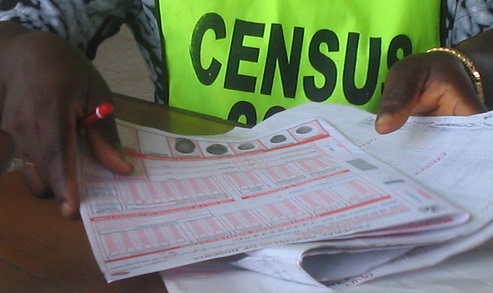
Blockchain technology can be an effective tool for the Nigeria Digital Census 2023, providing benefits such as increased accuracy, transparency, and security. Nigeria’s first digital census in 2023 means that the data collected during the census will be stored and processed electronically, rather than using traditional paper-based methods. This will bring several benefits to the nation’s economy and the livelihoods of its citizens:
Here are some potential ways in which Blockchain technology could help with Nigeria Digital Census 2023:
1. Digital identity verification: Blockchain technology can be used to verify the digital identity of individuals participating in the census. This can help to ensure that only eligible individuals are counted, reducing the risk of fraudulent entries.
2. Improved citizen participation: By using Blockchain technology, citizens can have greater trust in the census process, leading to increased participation. This can help to ensure that the census is comprehensive and representative.
3. Improved accuracy: Digital census data can be processed using sophisticated algorithms and data analytics, which can help to ensure greater accuracy in the data collected. This can provide more reliable insights into the country’s population and demographic trends.
4. Cost savings: Digital census methods can be more cost-effective than traditional paper-based methods. For example, electronic data collection can save on printing and transportation costs, as well as reducing the need for manual data entry.
5. Faster and Timely access to data: Blockchain technology can help to streamline the data processing process by eliminating the need for intermediaries such as data entry clerks. This can reduce the time and cost of the census, while also improving the accuracy of the data collected.
Digital census data can be processed and analyzed more quickly than traditional paper-based methods, providing policymakers with more timely access to critical information. This can help to inform decision-making and resource allocation in a more efficient and effective manner.
6. Improved transparency: Digital census methods can provide greater transparency in the data collection process, reducing the risk of data tampering and improving citizen trust in the census results.
7. Better data security: Blockchain technology is highly secure due to its decentralized nature and cryptographic protocols. Digital census data can be stored and processed more securely than traditional paper-based methods, reducing the risk of data breaches and cyber-attacks.
Examining the Need for a National Population Census Based on Blockchain
A Blockchain-based national population census can have numerous benefits over traditional methods of data collection. The use of Blockchain technology can increase transparency, accuracy, and security in the census process.
One major benefit is the prevention of data manipulation. With a Blockchain-based census, all data entries are recorded on an immutable ledger, making it impossible to alter data without detection. This ensures that the data collected is accurate and reliable.
Another benefit is increased transparency in the census process. The use of Blockchain technology can provide an open and transparent process, where anyone can track and verify the data collected during the census.
The use of Blockchain technology can also improve the security of the census process. Blockchain technology is known for its security features such as encryption and distributed storage, which can help prevent data breaches and unauthorized access to the data.
In addition, a Blockchain-based census can also increase efficiency by reducing the time and cost of data processing. With a decentralized system, there is no need for a centralized authority to process the data, which can save time and money.
However, implementing a Blockchain-based census requires significant technical expertise and resources. There is also the challenge of ensuring widespread adoption of the technology among the population, which can be a major barrier to success.
Countries such as Estonia, Honduras, and Sierra Leone have already implemented Blockchain-based solutions for identity management and voting. It is possible that more countries may explore the use of Blockchain for their national population census in the future.
Overall, the shift to a digital census in Nigeria in 2023 can bring significant benefits to the nation’s economy and the livelihoods of its citizens. By leveraging digital technologies, Nigeria can conduct a more accurate, timely, and cost-effective census, which can provide critical information essential for effective policymaking and resource allocation across the country.
We hope this article on how Blockchain can help improve Nigeria Digital Census 2023 gives you an insight to the many possibilities of the Blockchain ecosystem. If you liked this article, then please share with your network.
